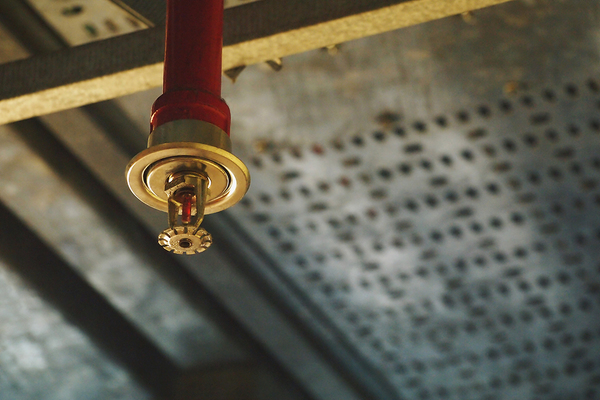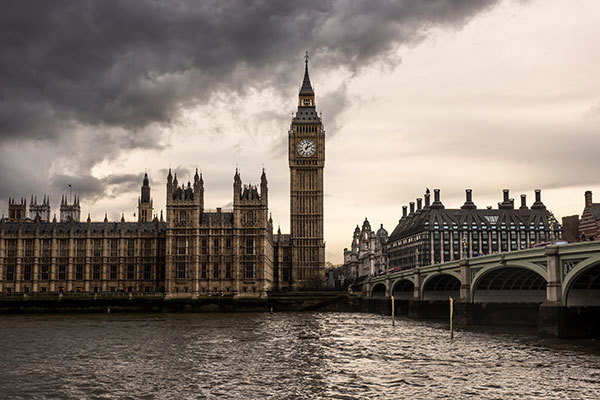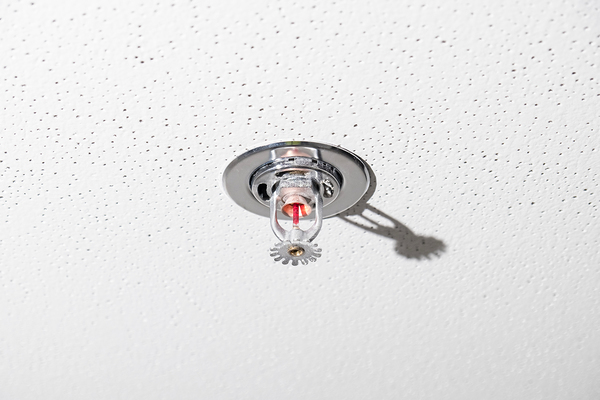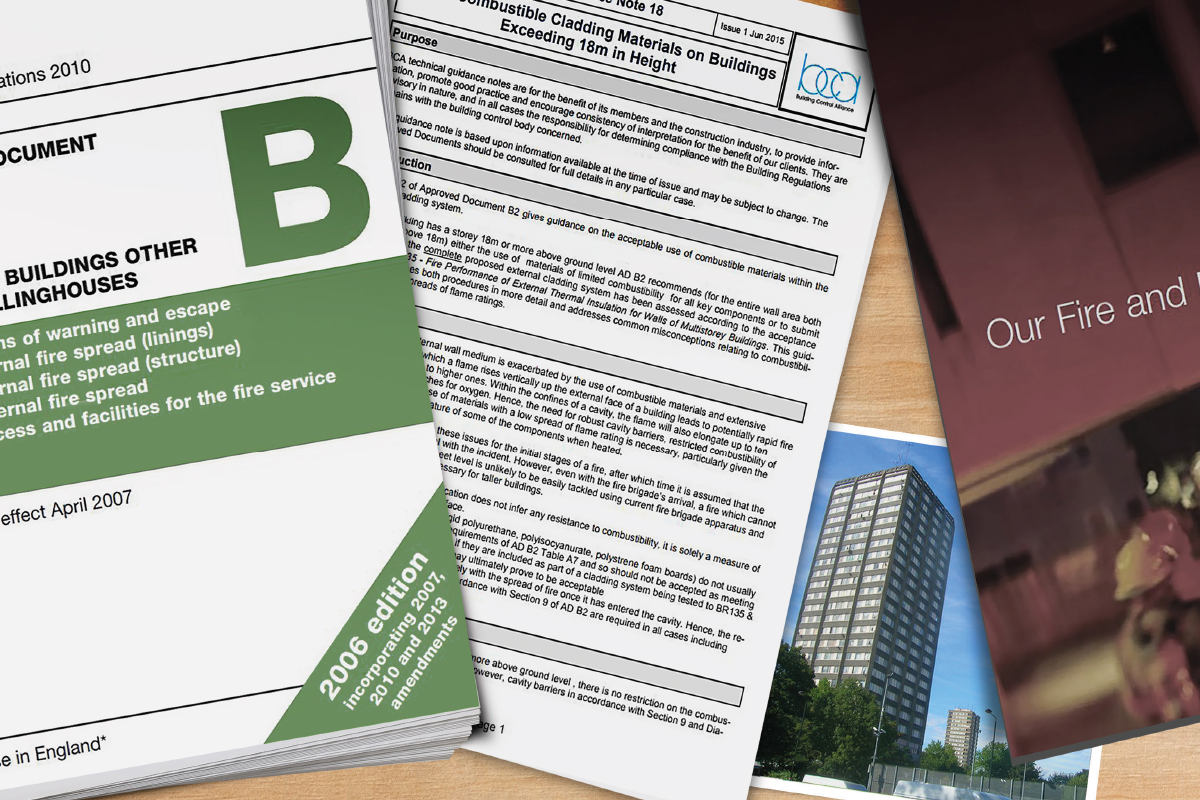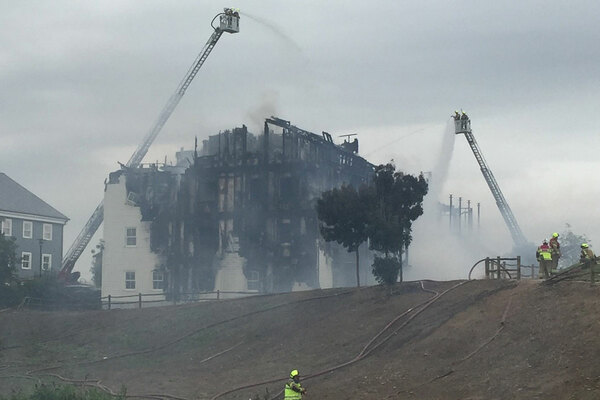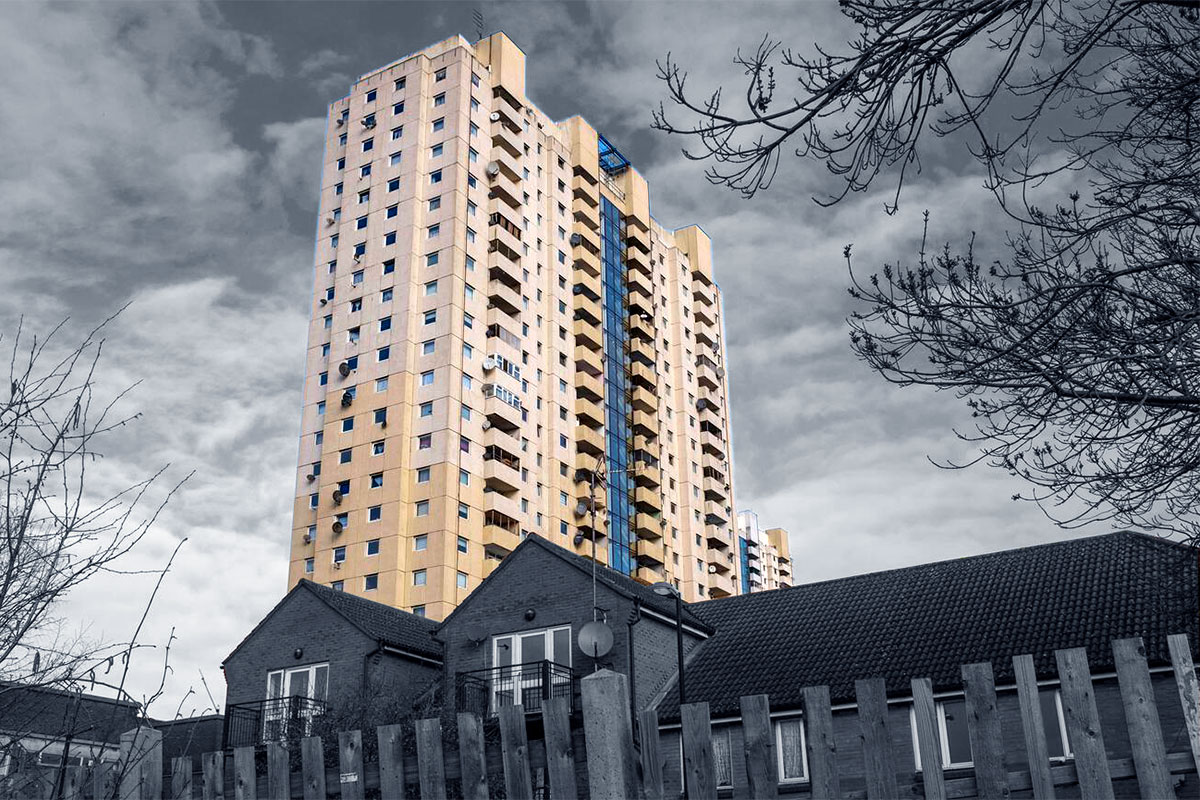You are viewing 1 of your 1 free articles
Majority of Brits back sprinklers in tower blocks and high-risk buildings, according to poll
The vast majority of UK adults think sprinklers should be required by law in tower blocks and high risk buildings such as schools and hospitals, a poll has revealed
The poll, which was commissioned by non-combustible insulation company Rockwool, found that 86% of 2,004 adults backed fitting sprinklers in existing buildings, and 88% in new buildings.
Only 32% of UK adults think the government has responded well to the issue of improving fire safety since the Grenfell Tower fire, while 28% thought it had responded neither well nor badly and 35% thought it had done quite badly or very badly.
Nine in ten respondents thought the law should change to prohibit entirely the use of combustible cladding on high-rise or high-risk buildings.
This is a view shared by the Royal Institute of British Architects (RIBA), the chair of the Housing, Communities and Local Government Select Committee, the Fire Protection Association and the Local Government Association (LGA). There is concern that Dame Judith Hackitt’s review into building regulations and fire safety will stop short of such a recommendation.
Meanwhile, 71% said that desktop studies – a controversial means of justifying the use of building materials and products without testing them – should be banned entirely.
A ban on this method of signing off cladding has been supported by nearly 50 cross-party MPs, the LGA, the Association of Retained Council Housing and RIBA.
The government has said it is considering banning the use of desktop studies for combustible cladding, but changes it submitted to the European Commission after launching the consultation did not mention a ban.
The poll also found that 53% of Brits think central government should take ultimate responsibility for ensuring high rise buildings comply with building regulations.
Dame Judith Hackitt’s interim report on building regulations recommended that reform should come from within the construction industry, but only 31% of UK adults trust the construction industry to minimise future risk to life and property, the poll found.
A Ministry of Housing, Communities and Local Government spokesperson said: “Public safety is paramount and following the Grenfell Tower tragedy we acted swiftly to establish a comprehensive building safety programme and issued clear guidance to building owners.
“We also commissioned Dame Judith Hackitt to undertake an independant review of building regulations and fire safety.”
